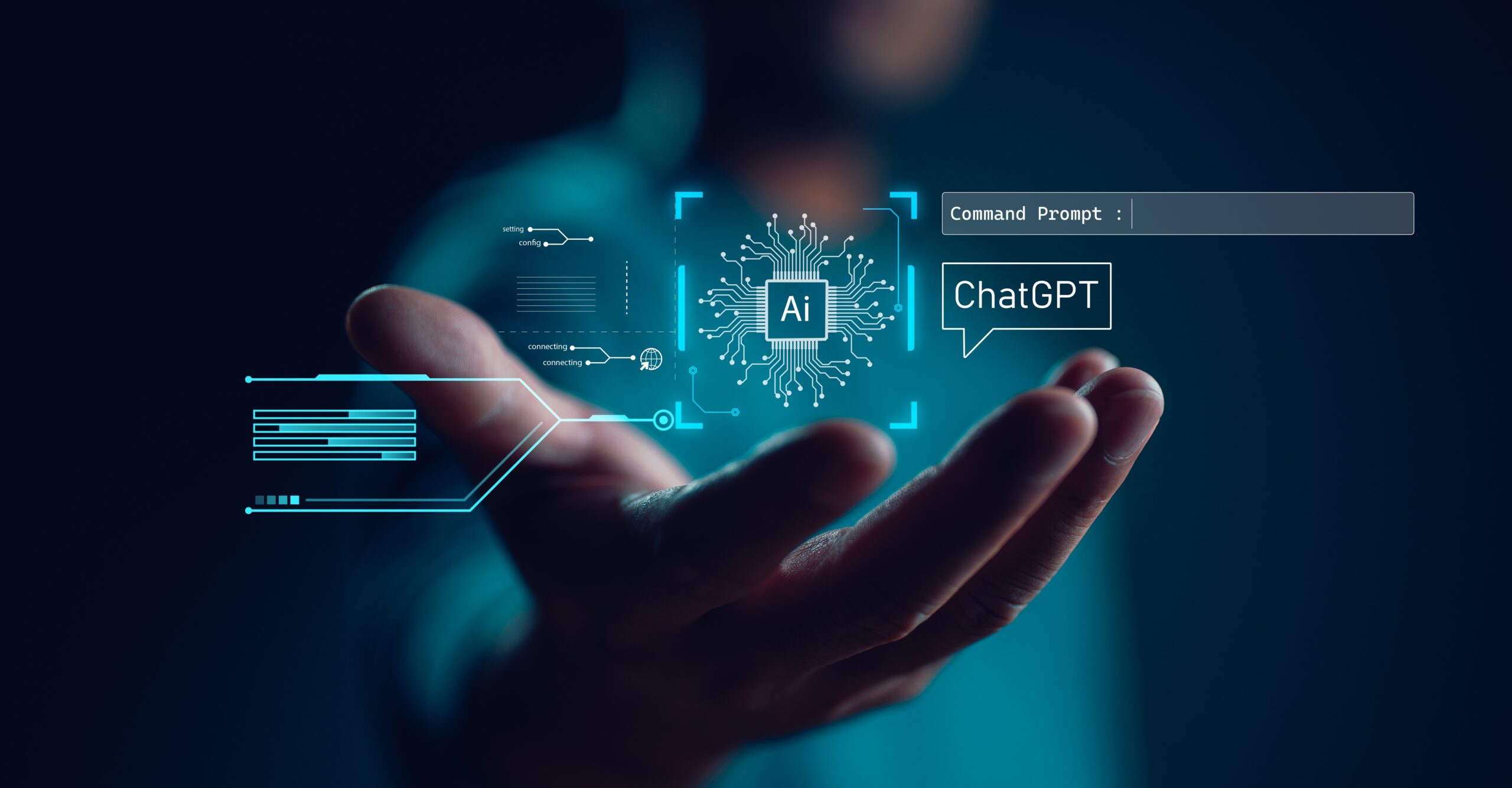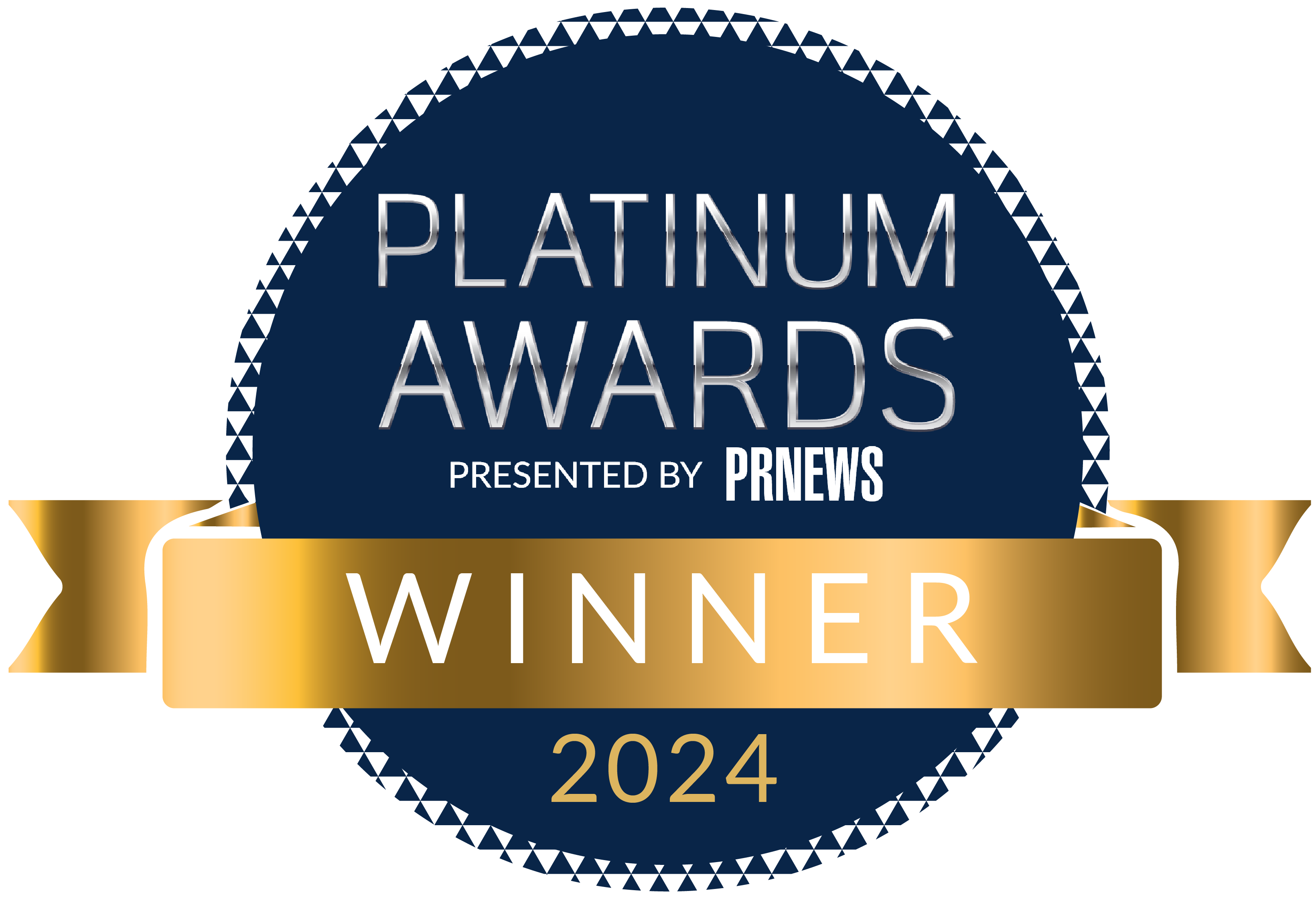Generative AI continues to be all the rage, as evidenced by the amount of ChatGPT PR stories published each week. As debates continue over generative AI tools and whether they are good for the enterprise (automation, efficiency, etc.) or bad (replacing jobs, losing human element) one thing is clear – we’ll only continue to see more efforts poured into ChatGPT PR as brands seek to showcase their respective viewpoints on the future of the technology within business. Below are just a few of the more intriguing conversations we’ve seen of late.
ChatGPT AI is about to be eclipsed by ‘interactive AI’, DeepMind founder says | The Independent
“The current wave of generative AI tools like ChatGPT will soon be surpassed by “interactive artificial intelligence”, according to AI pioneer Mustafa Suleyman.
The co-founder of DeepMind, which was acquired by Google for $500 million in 2014, said the next generation of AI tools will be “a step change in the history of our species”, allowing people to not just obtain information but also order tasks and services to be carried out on their behalf.
This will allow users to ask these AI to perform tasks for them, which they will carry out by talking with other people and interacting with other AIs.
“That’s a huge shift in what technology can do. It’s a very, very profound moment in the history of technology that I think many people underestimate,” he said.”
Google Connects A.I. Chatbot Bard to YouTube, Gmail and More Facts | The New York Times
“In March, Google released an artificial intelligence chatbot called Bard. It was Google’s answer to OpenAI’s hugely popular ChatGPT. On Tuesday, Google unveiled a plan to leapfrog ChatGPT by connecting Bard to its most popular consumer services, such as Gmail, Docs and YouTube.
With the latest updates, Google will try to replicate some of the capabilities of its search engine, by incorporating Flights, Hotels and Maps, so users can research travel and transportation. And Bard may come closer to being more of a personalized assistant for users, allowing them to ask which emails it missed and what the most important points of a document are.”
Americans are over generative AI like ChatGPT, but their bosses are just getting started | Insider
“You may have stopped asking ChatGPT random questions every day, but your employer’s generative-AI journey could be just beginning. So if artificial intelligence hasn’t influenced your job yet, it may be only a matter of time.
Just two months after its November launch, ChatGPT reached 100 million users, and a report by the Swiss banking giant UBS said it might be the fastest-growing consumer app ever.
In July and August, Deloitte asked 115 North American chief financial officers where their organizations were on their respective generative-AI journeys, and 42% said their companies were still experimenting with the technologies. Meanwhile, 24% said they were reading and talking about them, and 15% said their organizations had already incorporated generative AI into their business strategies. The vast majority of the chief financial officers surveyed work for US businesses that generate over $1 billion in annual revenues.
Forty-five percent of the executives surveyed said they hoped to use generative AI to increase productivity.
To be sure, it’s plausible that the AI boom will bring plenty of positive outcomes for American workers. In addition to helping workers be more productive and spend less time on boring tasks, AI could create jobs, lead to higher wages, and even make a four-day workweek more possible.”
Morgan Stanley kicks off generative AI era on Wall Street with assistant for financial advisors | CNBC
“Morgan Stanley has officially kicked off the generative AI era on Wall Street.
The bank plans to announce Monday that the assistant it created with OpenAI’s latest generative AI software is “fully live” for all financial advisors and their support staff, according to a memo obtained by CNBC.
“We also believe that generative AI will revolutionize client interactions, bring new efficiencies to advisor practices, and ultimately help free up time to do what you do best: serve your clients,” Morgan Stanley co-President Andy Saperstein said in the memo.
Morgan Stanley, a top investment bank and wealth management juggernaut, made waves in March when it announced that it had been working on an assistant based on OpenAI’s GPT-4. Competitors including Goldman Sachs and JPMorgan Chase have announced projects based on generative AI technology.
Called the AI @ Morgan Stanley Assistant, the tool gives financial advisors speedy access to the bank’s “intellectual capital,” a database of about 100,000 research reports and documents, McMillan said in a recent interview.
It’s just the first in a series of solutions based on generative AI planned by the bank, according to McMillan. The firm is piloting a tool called Debrief that automatically summarizes the content of client meetings and generates follow-up emails.”
Google announces new Bard features as traffic continues to lag ChatGPT | Reuters
“Alphabet Inc’s (GOOGL.O) Google said on Tuesday that Bard, its generative artificial intelligence, will have the ability to fact-check its answers and analyze users’ personal Google data as the tech giant scrambles to catch up to ChatGPT in popularity.
Bard has not taken off in the same way. In August, it received 183 million visits, 13% of what ChatGPT received, according to website analytics firm Similarweb.
Another new feature in Bard seeks to alleviate a nagging problem for generative AI: inaccurate responses known as “hallucinations”. Bard users will be able to see which parts of Bard’s answers differ from and agree with Google search results.
“We are presenting (Bard) in a way that it admits when it’s not confident,” Krawczyk said, explaining that the intention is to build users’ trust in generative AI through holding Bard accountable.”
AI Accelerates Ability to Program Biology Like Software | WSJ
“Artificial intelligence is turbocharging the frontiers of biological research, helping scientists program living organisms much as a software engineer might write code. Some scientists are even creating new proteins not found in nature.
The field, known as synthetic biology, is breaking down barriers in medical science and pharmaceuticals as well as food science and agriculture, energy and climate change research.
Scientists can perform genetic and DNA sequencing at a more rapid pace and scale, according to Lum. With a better understanding of the DNA composition and functions of cells of specific types, scientists can manipulate and redesign those cells to drive a particular outcome, from biofuels to disease-resistant plants.
Synthetic biology companies see opportunities for artificial intelligence throughout the product-development life cycle from initial design, where scientists can examine and factor in a greater number of variables and options, to the build phase to testing, where scientists can leverage the predictive nature of AI to quickly determine results.
AI could also play a role in scaling up manufacturing, a critical step if products are ever to gain use, according to Lum. It could have a significant economic impact, too.”
Google DeepMind AI tool assesses DNA mutations for harm potential | Genetics | The Guardian
“Scientists at Google DeepMind have built an artificial intelligence program that can predict whether millions of genetic mutations are either harmless or likely to cause disease, in an effort to speed up research and the diagnosis of rare disorders.
The program makes predictions about so-called missense mutations, where a single letter is misspelt in the DNA code. Such mutations are often harmless but they can disrupt how proteins work and cause diseases from cystic fibrosis and sickle-cell anaemia to cancer and problems with brain development.
Based on the findings, the scientists have released a free online catalogue of the predictions to help geneticists and clinicians who are either studying how mutations drive diseases or diagnosing patients who have rare disorders.
The AI is an adaptation of DeepMind’s AlphaFold program, which predicts the 3D structure of human proteins from their chemical makeup.
When the trained AI is fed a mutation, it generates a score to reflect how risky the genetic change appears to be, though it cannot say how the mutation causes any problems.
If clinical experts decided that AlphaMissense was reliable, its predictions may carry more weight in future disease diagnosis, he said.”
Google Puts Its Bard Chatbot Inside Products Like Gmail, YouTube, Docs and Maps | Bloomberg
“Google has unveiled its next move in the race to dominate generative artificial intelligence: putting the technology directly into many of its most popular products.
Google’s latest move follows Microsoft Corp., which revealed plans in March to integrate ChatGPT into its Office suite of apps. Google said that none of the material generated by enterprise customers that Bard interacts with — such as company documents stored in the cloud — will be seen by human reviewers or used to serve ads.
With the updates, Google also said it was adding a feature for people to “double-check” Bard’s responses by showing source material found via Google’s search engine.”
TikTok debuts new tools and technology to label AI content | TechCrunch
“As more creators turn to AI for their artistic expression, there’s also a broader push for transparency around when AI was involved in content creation. To address this concern, TikTok announced today it will launch a new tool that will allow creators to label their AI-generated content and will begin testing other ways to label AI-generated content automatically.
The company says it felt the need to introduce AI labeling because AI content can potentially confuse or mislead viewers. Of course, TikTok had already updated its policy to address synthetic media, which requires people to label AI content that contains realistic images, audio or video, like deep fakes, to help viewers contextualize the video and prevent the spread of misleading info.
TikTok’s new tool being introduced now will not only make it easier for creators to comply with this existing policy around synthetic media, but also to label any other content that’s been completely generated using AI or significantly edited with AI.
The AI labels will begin rolling out today but you may not immediately see them until the rollout is complete.”
***Guest post from FischTank PR interns: Veronica Riga and Bianca Roque ***
Want to learn more about generative AI and ChatGPT PR?
FischTank PR has worked with numerous clients in the B2B Technology and AI industries to generate awareness for product launches, partnerships, thought leadership, and more. Please contact us at [email protected] to learn more about how we can help you achieve your goals.




